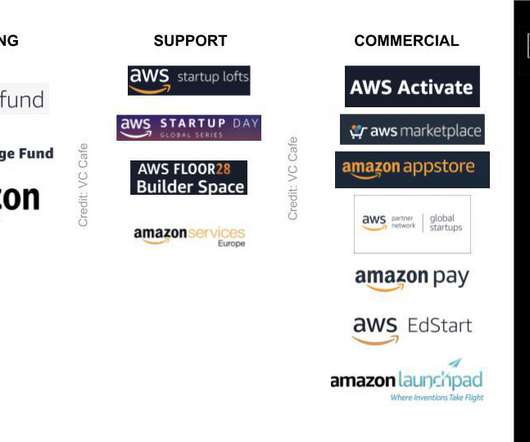Leaving Government for the Private Sector – Part 2
Steve Blank
OCTOBER 23, 2023
Most of her lessons were applicable to any government employee venturing out to the private sector. Before leaving government service one of my biggest challenges was to understand how my skill as a Case Officer would translate into a job in the commercial world. Below is the second of her three-part series. Read part one here.












































Let's personalize your content